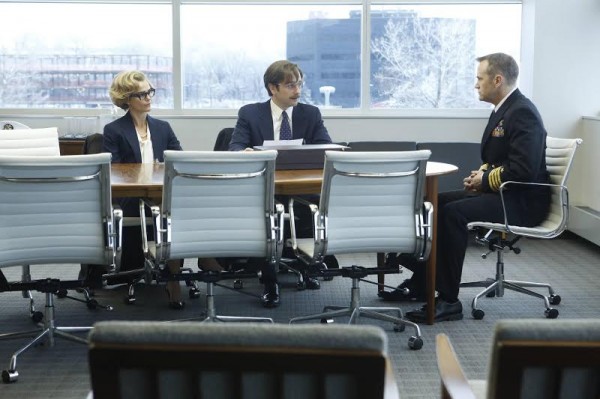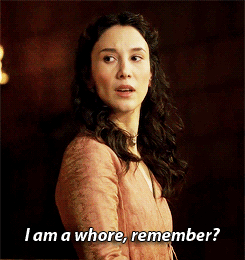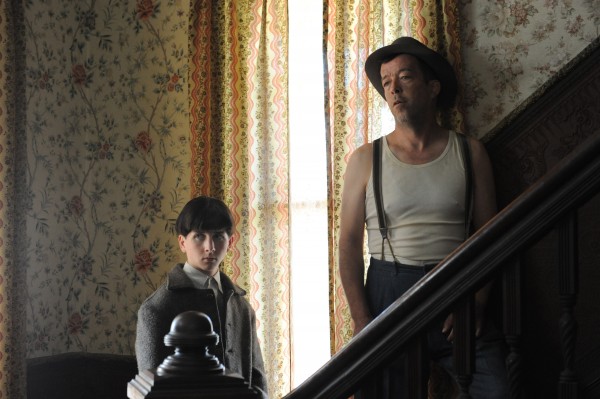8 Minutes Hate: A&E Plans to Ambush Sex Workers

“Women who sell their bodies” used to be the go-to word combination that triggered my gag reflex right into action. But “hooker-rescuing cop-turned-pastor” was introduced to my life this week and has transformed my once-tranquil apartment into Lane Champagne’s Extreme Vomitorium. The man with this heinous career trajectory is Kevin Brown and he’s starring in a new reality show tentatively titled 8 Minutes after its premise: He has eight minutes to convince sex workers to leave behind their whoring ways. Those who leave sex work are given free training in the second career of their choice and those who decline are sent on their merry way with Brown’s best wishes for a good earning season. HAHA, just kidding, none of that last sentence is true because whorephobia is pernicious and Earth has actually been Hell along!
Of all the professions to produce potential sex work interventionists, law enforcement and clergy are at the very top of the Unsuitable list. Behind those two are literally every single other profession, because sex work interventions are vile exercises in the hatred and shaming of sex working individuals and shouldn’t exist. And it certainly shouldn’t exist as a spectacle on cable television. There is a Change.org petition to get A&E to shut that shit down, you should sign it. Let’s also take out a Backpage ad in every possible city warning local sex workers to be prepared for lurking reality show cameras.
Producer Tom Forman (the man behind the legally and ethically challenged Kid Nation) told Entertainment Weekly that the show was inspired by an LA Times article about Brown’s rescue missions. That story opens with another cop-turned-resucuer showing up to a woman’s outcall and doing this:
Reese reaches into the pocket of his tan cargo shorts and pulls out a latex condom. There’s a phone number scribbled on one side in black marker. He hands it to her.
He asks if she sees the phone number.
She examines the packet but ignores the question. She presses him for the money.
“I’m not really here for a date,” Reese says. “I’m here to offer you help.”
They rescue this one woman (on the night the reporter is along!), despite having been on 60 previous missions without anyone taking up their offer. She didn’t get career training; she got a one-way ticket home on a Greyhound. And lo, from this massive service to women a reality show was born, one with a 50/50 success rate according to Forman, who also told EW “Sometimes they turn and leave, but that’s the case when trying to save prostitutes.”
Leaving aside the fact that Brown is sentient diarrhea more than he’s an actual person, I’ve broken down the reasons the very concept of the show is a bad idea for two primary types of sex worker that Brown targets: people who don’t want to leave sex work and people who do.



 I
I